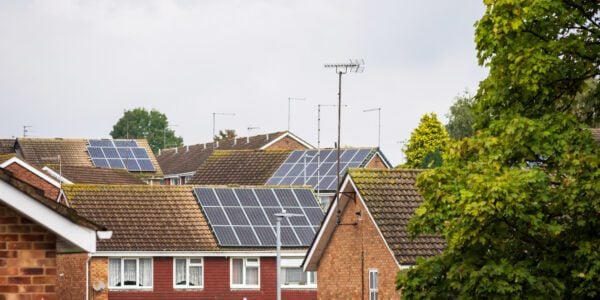-
Dr Malte JansenUniversity College London
-
Dr Donal BrownUniversity of Sussex
Project overview
This project will explore the distributional impacts of net zero policies on electricity consumers.
Why this project is important
Climate policies are often at risk when they come up against short term political and economic constraints. The UK’s net zero target is facing such headwinds, and there is now some evidence that majority of the public believes the net zero transition will be a significant burden on their living expenses in the coming years. Policy makers are currently ill equipped to tackle this challenge head on.
Fairness in the net zero transition has often been examined through individual sectors such as power and transport. Previous analysis has usually been limited to distributional impacts primarily across incomes or high-level geographies and data gaps have resulted in a reliance on survey data that provides a limited and inaccurate picture of the consumer base.
What it will involve
The research team aim to provide policy makers with a better understanding of changing household energy consumers in the UK and the impact on their incomes and expenditures of the net zero transition. The project will be completed in four phases:
- Utilising UCL-based Smart Energy Research Lab’s smart meter dataset to identify a typology of consumer archetypes through cluster analysis.
- Connecting the dataset with the Family Resources Survey to conduct distributional analysis of policies.
- Modelling future energy consumption of different household archetypes, using the National Grid’s four official Future Energy Scenarios and Aurora Energy’s forecasts for prices.
- Constructing a tax-benefit impact model using the New Economics Foundation’s existing model to test the costs and distributional impacts of fiscal and welfare policies.
How it will make a difference
Findings will be disseminated through two report and multiple policy briefings, some of which will focus on the devolved nations. Expert workshops will be held to discuss and test policy ideas aimed at reducing inequality, supporting decarbonisation, and ensuring political feasibility. Ultimately, this project seeks to inform policy makers and contribute to a more equitable and sustainable transition towards net zero.







































